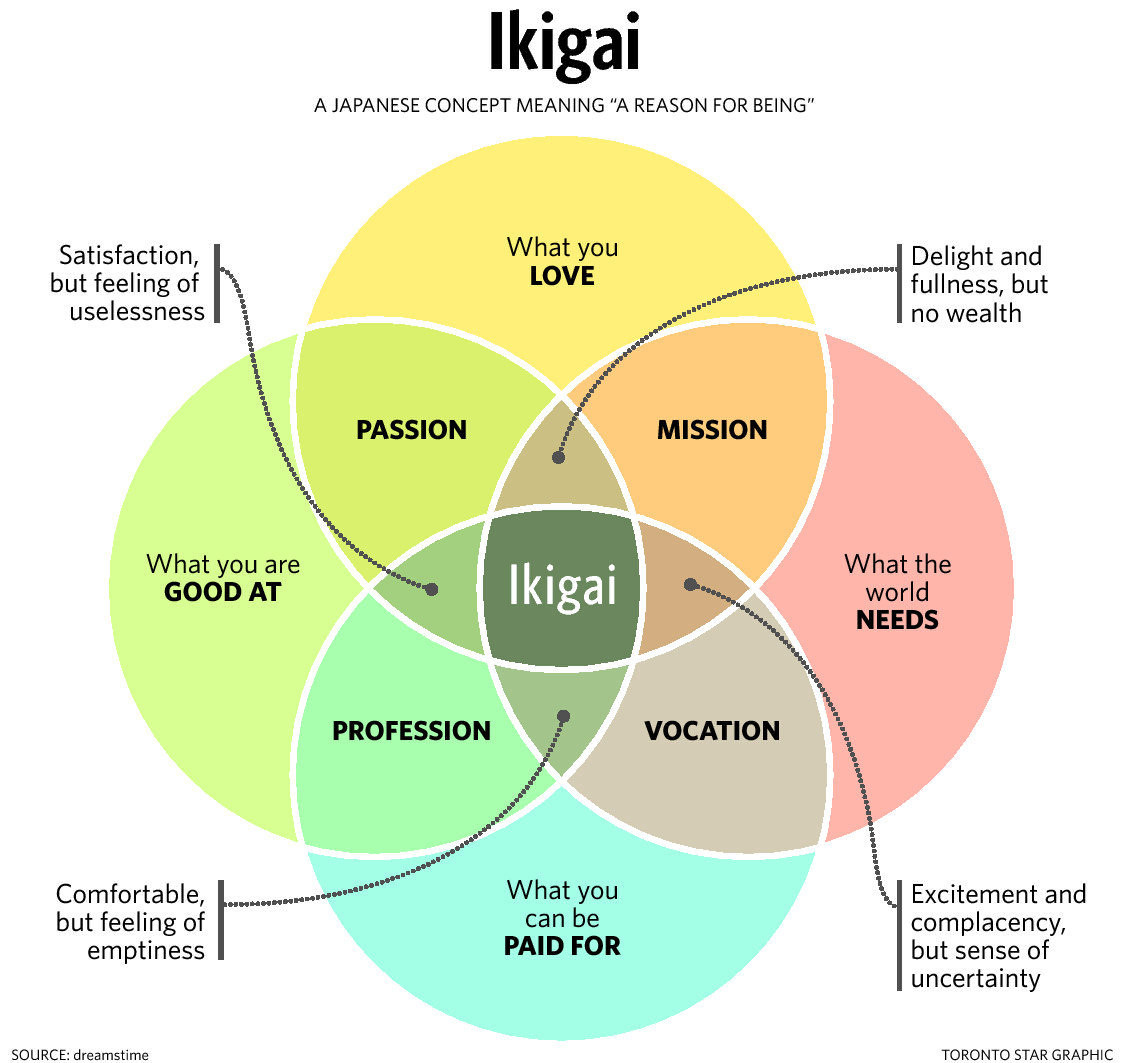Management deals with the inanimate. It deals with numbers, processes and structures — leadership with the living, with people in their diversity and uniqueness. It is often neglected that leadership always refers first and foremost to the leader himself. And this self-management begins with the journey to oneself and the clarification of such essential questions as “What is my talent?”,“What gives me joy?” or “What does the world need from me?”.
Only those who can lead themselves can lead others.
Father Anselm Grün
Besides “leadership is service, not a privilege”, this is the second statement of Father Anselm Grün, that Bodo Janssen describes in his book “Die stille Revolution: Führen mit Sinn und Menschlichkeit” (which translates to “The Silent Revolution: Leading with Sense and Humanity”, but unfortunately, there is no English translation of this book available at present) as having a lasting impact on him. “What is really essential to me? Why am I here? What do others benefit from me being there? What is my talent? What are my strengths? What gives me pleasure? What kind of action fulfills me?” These are the questions that Bodo Janssen dealt with after this realization and which should concern us all. Only those who gain clarity in these questions can really awaken life as leaders; in themselves and with the people entrusted to them. Without this clarity at the foundation, leadership can easily become opportunistic manipulation, and pride, anger, envy and the other deadly sins of new leadership are at risk.
Through passions man lives, through reason he merely exists.
Nicolas Chamfort
In Japanese culture there is a special term for this very personal journey to oneself: Ikigai (生き甲斐). Translated freely, Ikigai means “a reason for being”. As the following graphic shows, Ikigai is described as the successful combination of passion (“What you love”), talent (“What you are good at”), meaning (“What the world needs”) and profession (“What you can be paid for”).

The satisfaction resulting from such a succeeding and successful life is not only a good basis for leadership, studies also show that people who have found their Ikigai are healthier and live longer, as Dan Buettner explains in his TED Talk below. Reason enough to start looking for your Ikigai at the beginning of this new year guided by the question in the above graphic.





